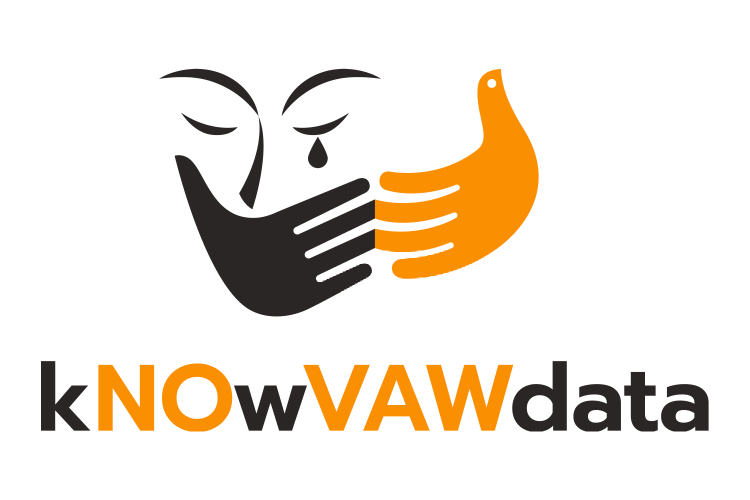Knowledge Hub

The Knowledge Hub provides links to resources supporting the measurement of violence against women and has been funded under the Pacific Spotlight Initiative. While starting with a primary focus on Pacific resources and global resources which are applicable for the Pacific region, the Knowledge Hub will continue under the UNFPA kNOwVAWdata initiative to support global knowledge exchange and a strong community of practice. The strength of this Knowledge Hub is the opportunity to share resources and support all regions of the globe.
If you would like to share links to be added to the Knowledge Hub, please send them to knowvaw-program@unimelb.edu.au.
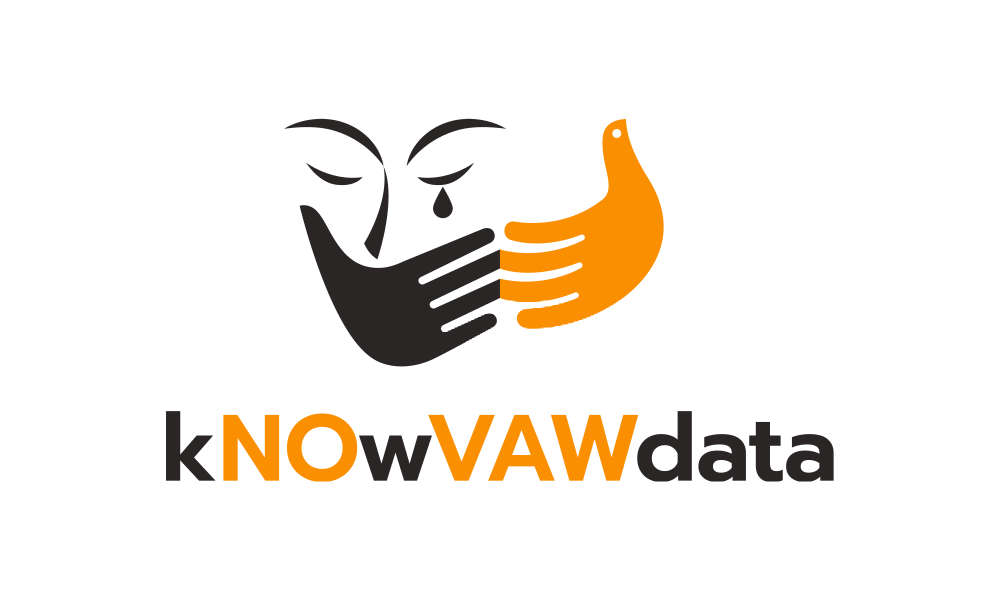
New Survey Methodologies in Researching Violence Against Women
This paper assesses the methodologies of the new national surveys of violence against women, including those in the US, Canada, Australia, Finland and the Netherlands, as well as the British Crime Survey. The development of large‐scale quantitative survey methodology so as to be suitable for such a sensitive subject has involved many innovations. The paper concludes with recommendations for further improvements including: the sampling frame, the scaling of both sexual assaults and range of...

The Measurement of Domestic Abuse – Redeveloping the Crime Survey for England and Wales
The Crime Survey for England and Wales (CSEW) is a representative population survey that since the early 2000s has provided ongoing measurement of domestic abuse via a dedicated domestic abuse module, with regular publication of headline prevalence and other descriptive data. At the same time the measurement of domestic violence in the CSEW has also been the subject of ongoing debate and critique, in particular whether it is appropriate to use catch-all prevalence measures in the context of...

Global Database on Violence against Women
The global database is a unique “one-stop site” for information on the following types of measures undertaken by Governments to address violence against women: Institutional mechanisms; Research and statistical data; Laws; Policies; Budgets; Services; Prevention; Perpetrators programmes; Regional/International initiatives; Monitoring and evaluation
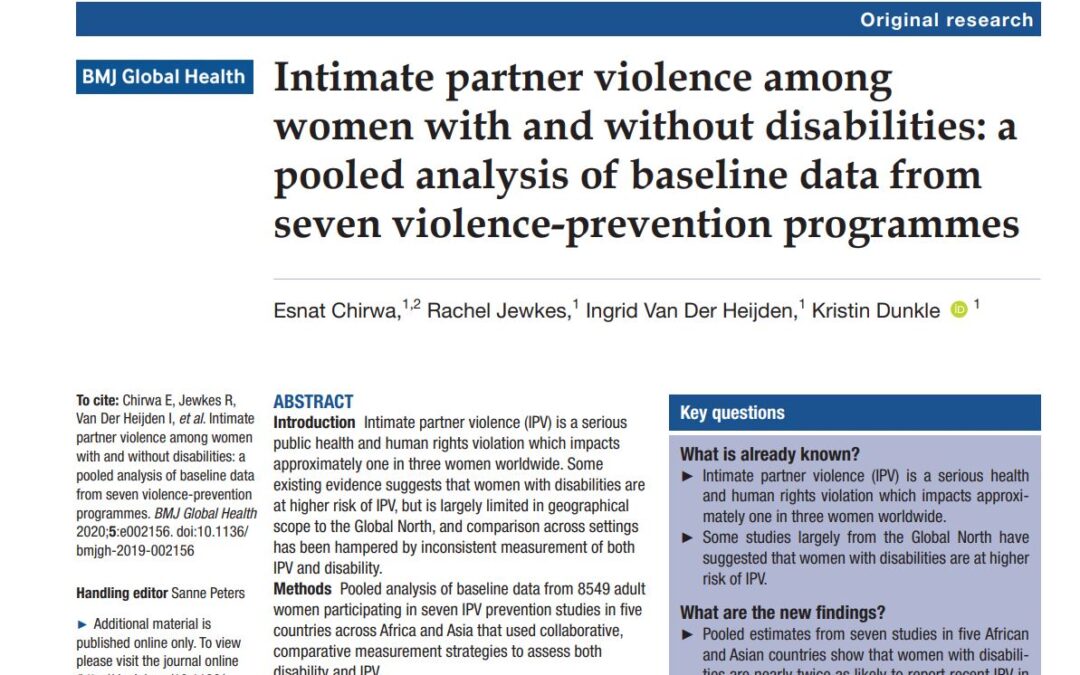
Intimate partner violence among women with and without disabilities: a pooled analysis of baseline data from seven violence-prevention programmes
Pooled analysis of baseline data from 8549 adult women participating in seven IPV prevention studies in five countries across Africa and Asia that used collaborative, comparative measurement strategies to assess both disability and IPV.
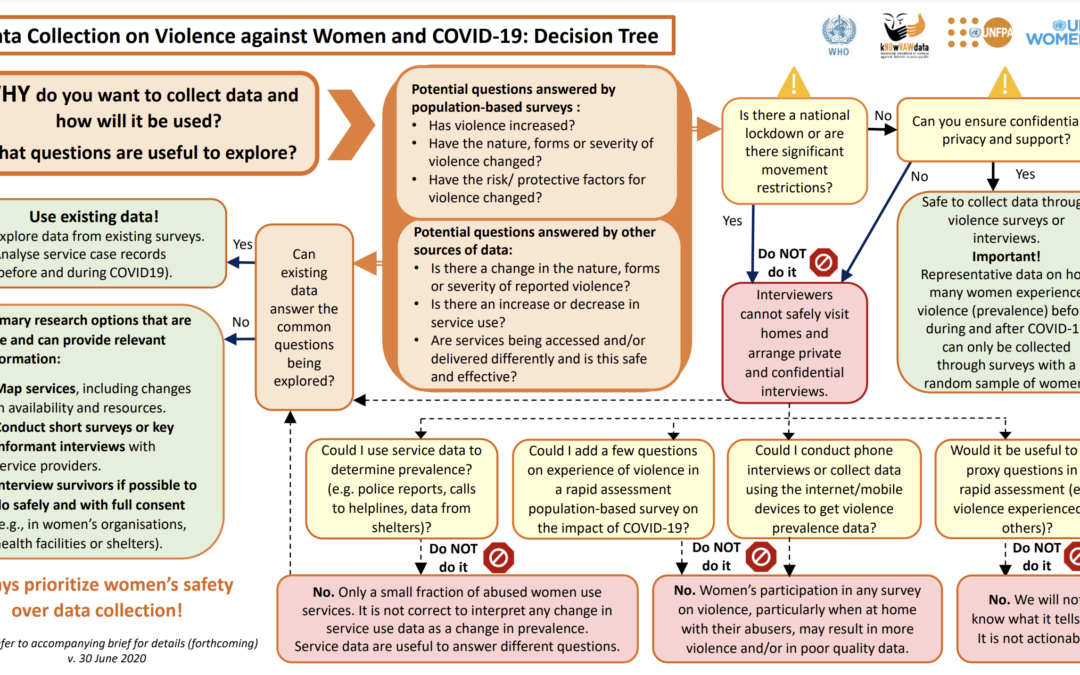
Decision tree: Data Collection on Violence against Women and COVID-19
This decision tree helps organisations with gender-based violence programmes, national statistical offices, policymakers and researchers decide when and how to best collect data on women's experiences of violence and their access and use of relevant services during the COVID-19 pandemic.
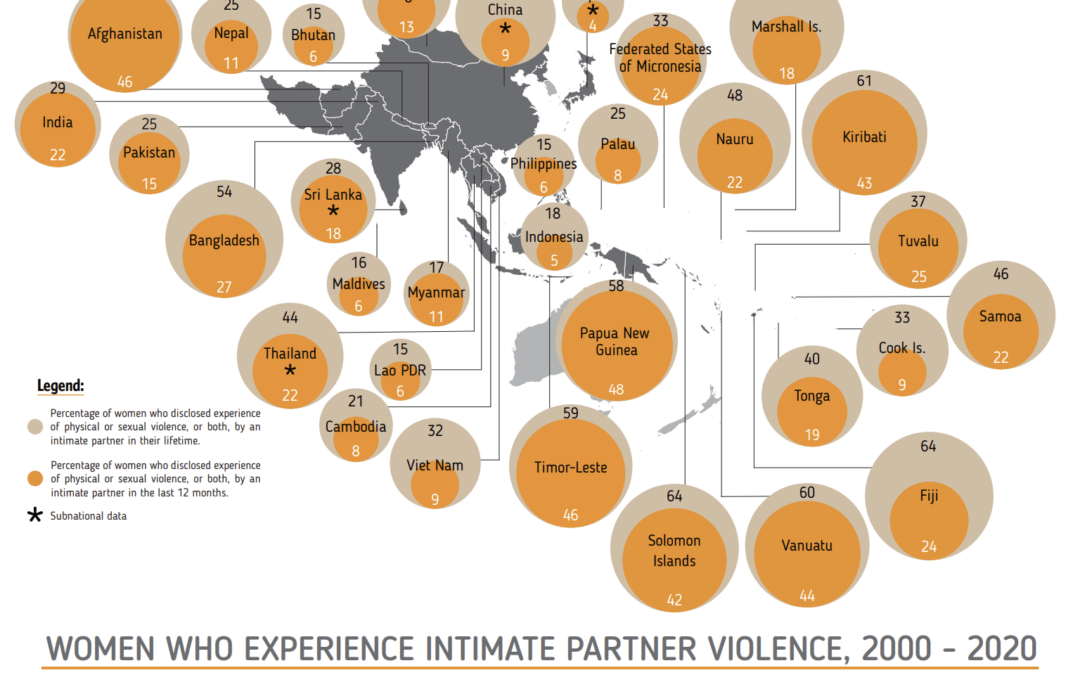
Violence Against Women – Regional Snapshot (2020) – kNOwVAWdata
2020 map of violence against women prevalence in Asia-Pacific region
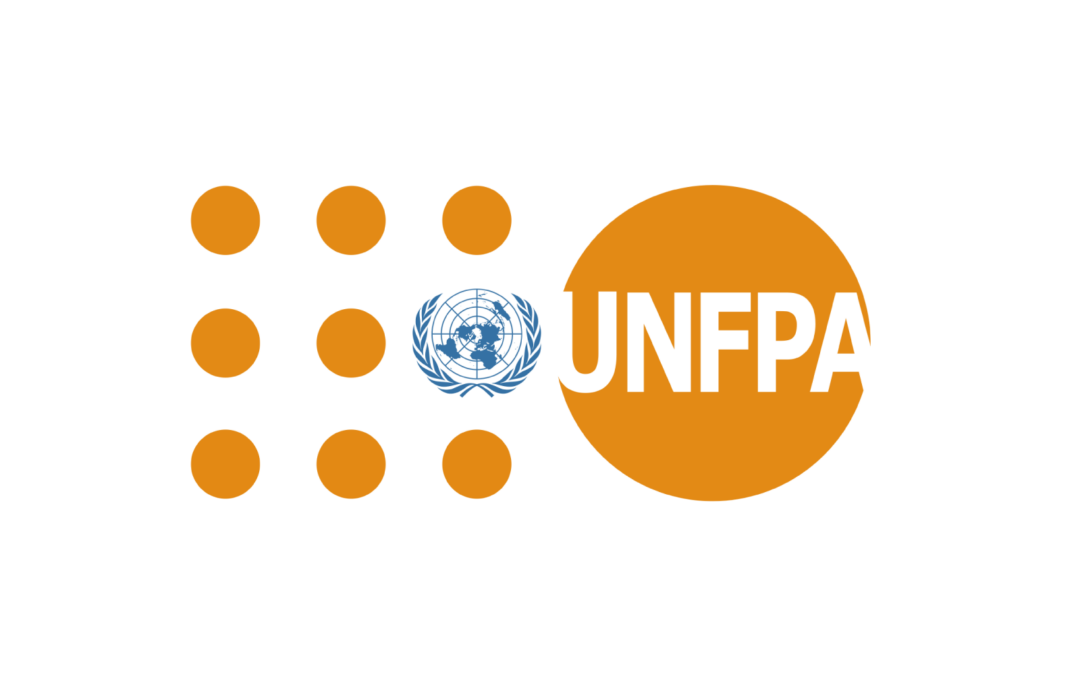
UNFPA Asia Pacific kNOwVAWdata dashboard
Data visualizations and reports from the latest national violence against women prevalence surveys in the Asia-Pacific region; Resources on violence against women data measurement, analysis and uptake; kNOwVAWdata updates; Real-life stories of the brave and compassionate individuals involved in measuring vitally important, nationally representative data on violence against women.

Population Data Portal – Towards Zero gender-based violence and harmful practices
UNFPA’s ultimate data source and tracker for population and development data. It combines the newest population data on topics like sexual and reproductive health and reproductive rights, family planning, maternal health, or gender based violence gathered from a multiple sources.
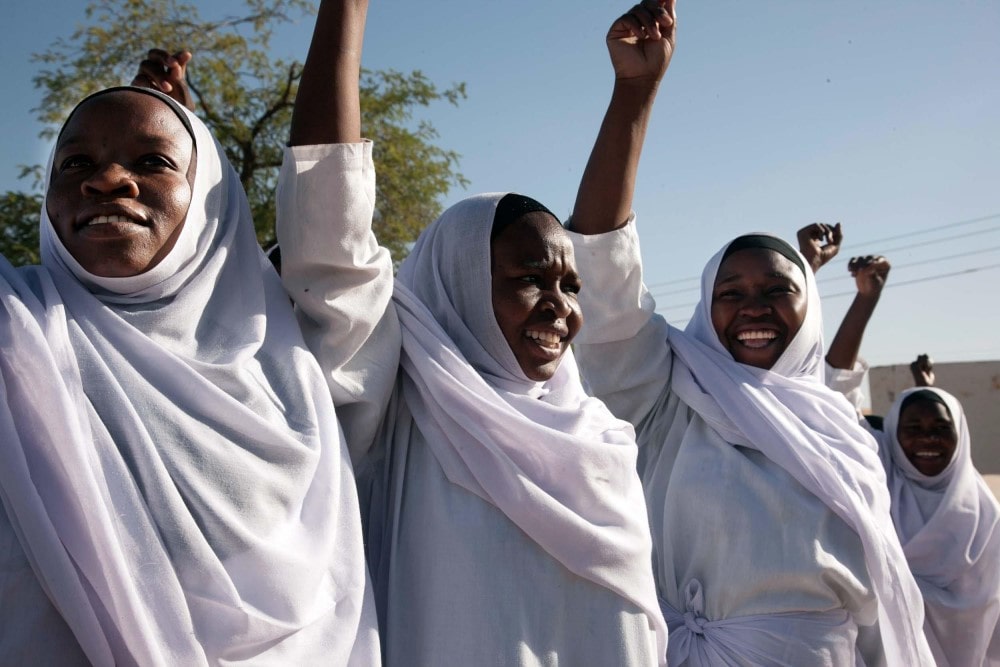
A focus on violence
The shadow pandemic: Violence against women and girls and COVID-19. Data on violence against women during the COVID-19 pandemic
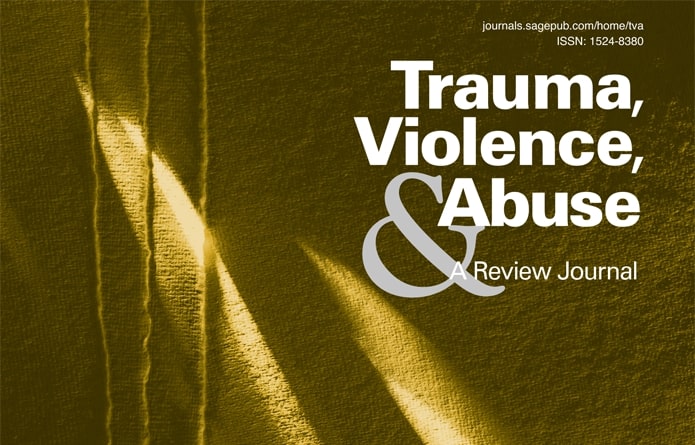
Survey data sets pertinent to the study of intimate partner violence and health
This article describes some currently available survey data sets that contain information regarding women's experiences of intimate partner violence and health, identifies a number of the strengths and limitations of these data sets, and makes recommendations concerning the types of survey data that should be gathered in the future to help move the field forward.
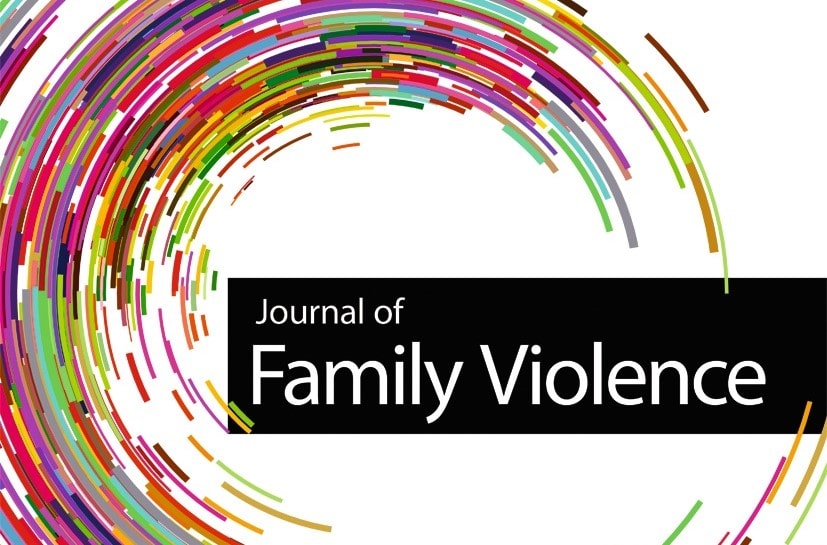
Intersectionality and Invisible Victims: Reflections on Data Challenges and Vicarious Trauma in Femicide, Family and Intimate Partner Homicide Research
This article draws upon the experiences of four researchers in the field of femicide, family and intimate partner homicide - and offers insights into processes, impacts and unintended consequences of fatality reviews and research initiatives
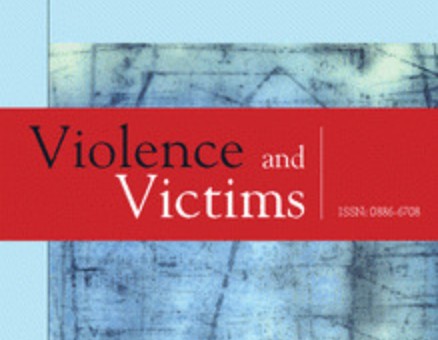
Maternal Childhood Parental Abuse History and Current Intimate Partner Violence: Data From the Pacific Islands Families Study
The aim of the study was to establish the association between the experience of maternal and/or paternal emotional or physical abuse and current severe physical partner violence perpetration or victimization among a cohort of Pacific women.
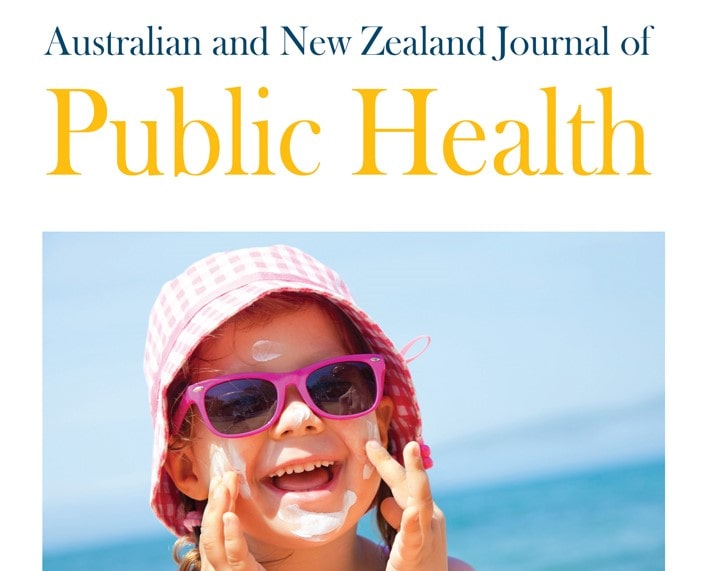
Factors associated with induced abortion over time: secondary data analysis of five waves of the Australian Longitudinal Study on Women’s Health
Objective: A trend analysis of associations with induced abortion. Methods: Secondary analysis of the Australian Longitudinal Study of Women's Health (N=9042). Conclusions: Abortion remains strongly associated with factors affecting women's control over reproductive health such as partner violence and illicit drug use.
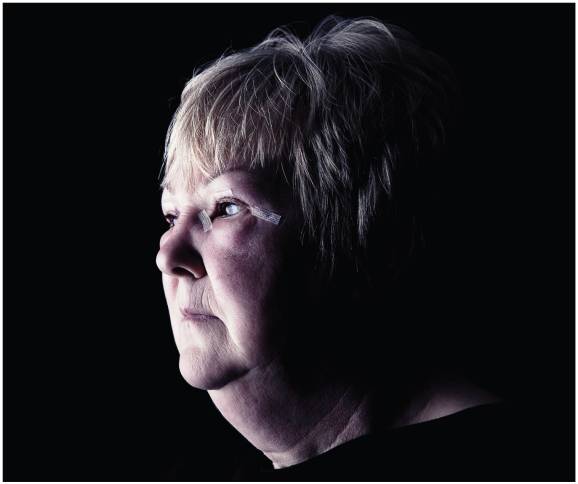
New WHO guidelines on intimate-partner violence
The World Health Organization (WHO) has issued new practice and policy guidelines to help health care practitioners screen, treat and support victims of sexual and partner violence.
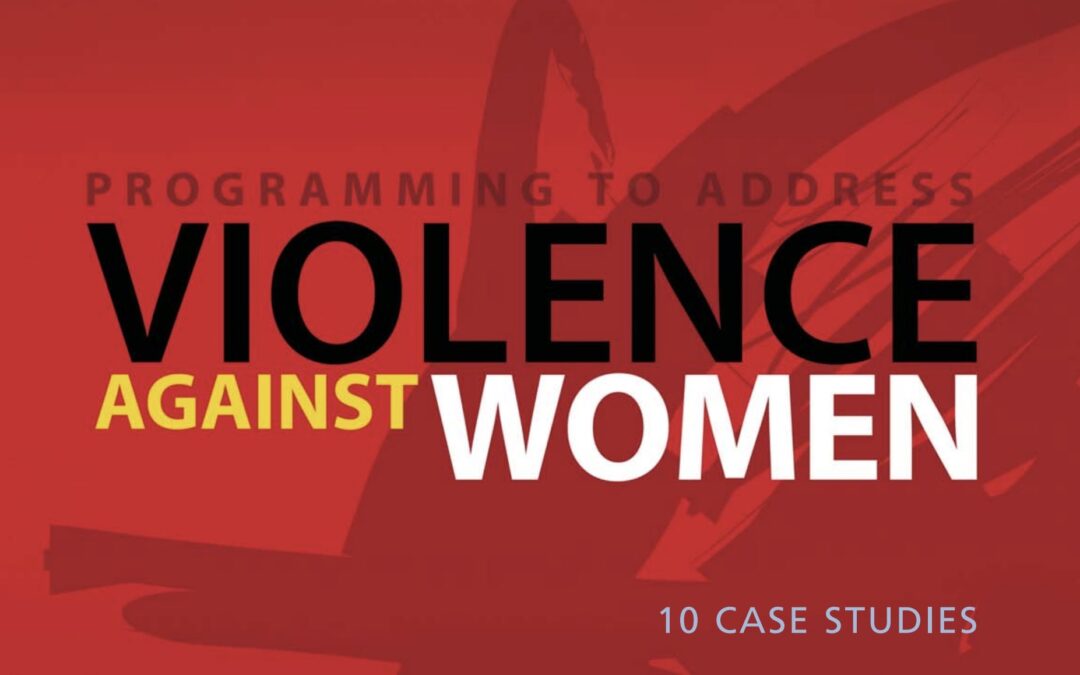
Programming to Address Violence Against Women
10 Case Studies presented in the form of lessons that were leant through projects conducted in 10 countries that set up projects to change attitudes and practices.
